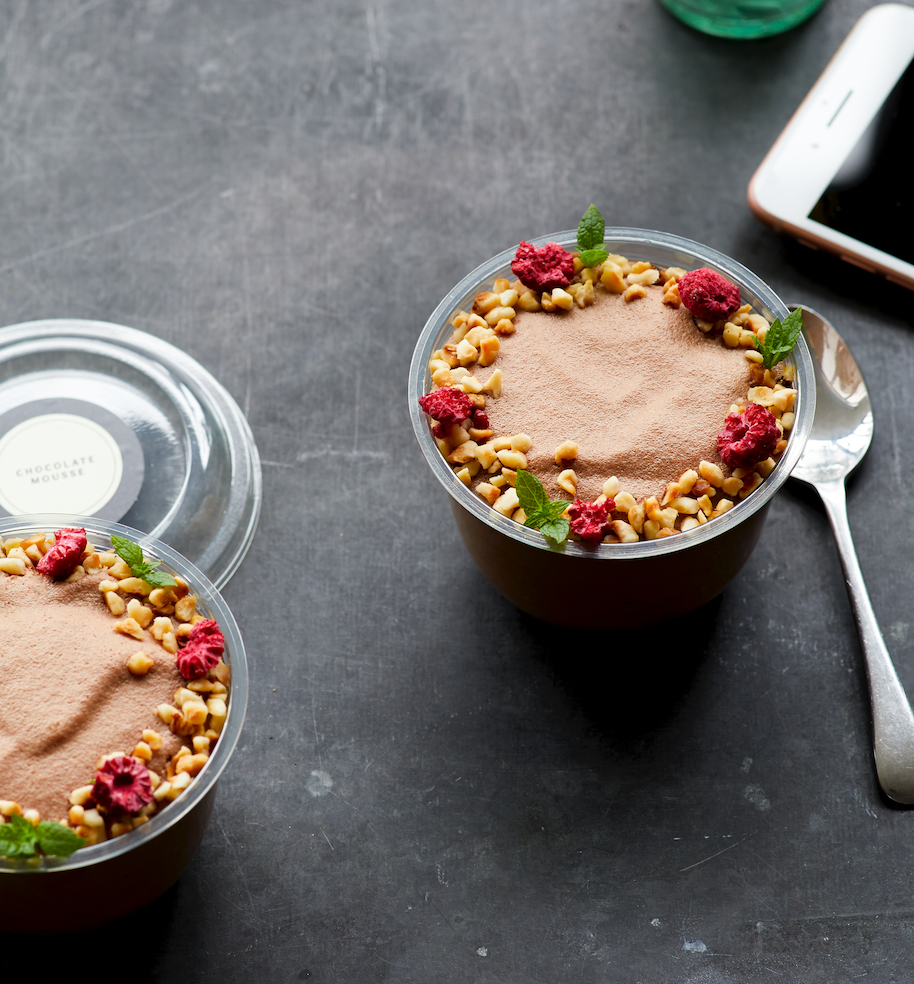
A Nutritionist’s Guide to Gut Health
Gut health—it is now everywhere. There is a very good reason for it to be in the spotlight, as research shows the importance of a healthy and diverse gut microbiome. The excitement for this topic has resulted in a flurry of (mis)information online that can be rather confusing.
From probiotics, to newly created “gut-health-boosting” pills, the explosion of interest in gut health can often be quite misleading.
Our nutritionist, Georgine Leung, is here to set the facts straight by providing evidence-based answers to gut-health-focused questions:
Q: Let us start simple! Gut health—how would you define it?
There are trillions of gut microbes which inhabit the gut. Gut health concerns the balance of the more beneficial and harmful types of bacteria – evidence now shows that the make-up of microbes within the mouth and skin can also influence the variety of bacteria in the gut. This is why ‘gut health’ is a wide-ranging and fascinating area.
Q: How can one determine whether their gut microflora is in a healthy state?
We used to think gut health only concerns the gut itself, but we now know that a holistic approach to health is more useful in understanding the complex interactions between the bodily systems. For example, the gut is involved in the metabolism of signaling hormones that regulate many different body processes for our general wellbeing. The skin condition for instance, shows whether the gut microflora is in ‘a happy balance’. This is why gut health should be considered holistically, beyond the mere absence of gastrointestinal issues.
Q: What are the common misconceptions about gut health that are prominent in the media?
There seems to be quite a lot of buzz around probiotics, which are live cultures of bacteria that people can consume, and are being promoted for gut health. These are available as supplements that you can buy in health shops, or prescribed by doctors. However, there is huge variability between the types and dosages, and may not deliver the same promised results for everyone.
Q: What are your top tips in improving or supporting one’s gut health?
Eating a wide variety of food – lots of fibre from plant foods, grains, beans, pulses and fruit and vegetables! Specifically, a diet that is rich in dietary fibre adds bulk to the diet, reduces constipation and is metabolised by the microbiota to promote gut health. Eating a sufficient amount of fibre – at least 30 grams a day – helps to reduce the risk of certain illnesses such as type 2 diabetes, heart disease, stroke and bowel cancer too.
The key message is, through eating fibre-rich foods, you can therefore consume plenty of nutrients such as starchy carbohydrate, vitamin and minerals that are important for health too.
At Kurami, we curate nutritious meal paths with a unique focus on the gut. On average, we include more than 30 varieties of fruit, vegetables and herbs in just one-week of our meal paths, therefore providing you with an abundance of fibre-rich, gut-loving foods without you having to lift a finger (except when they’re holding a knife and fork, of course).
Let us pamper you. Begin your journey today by selecting your desired meal path here.



